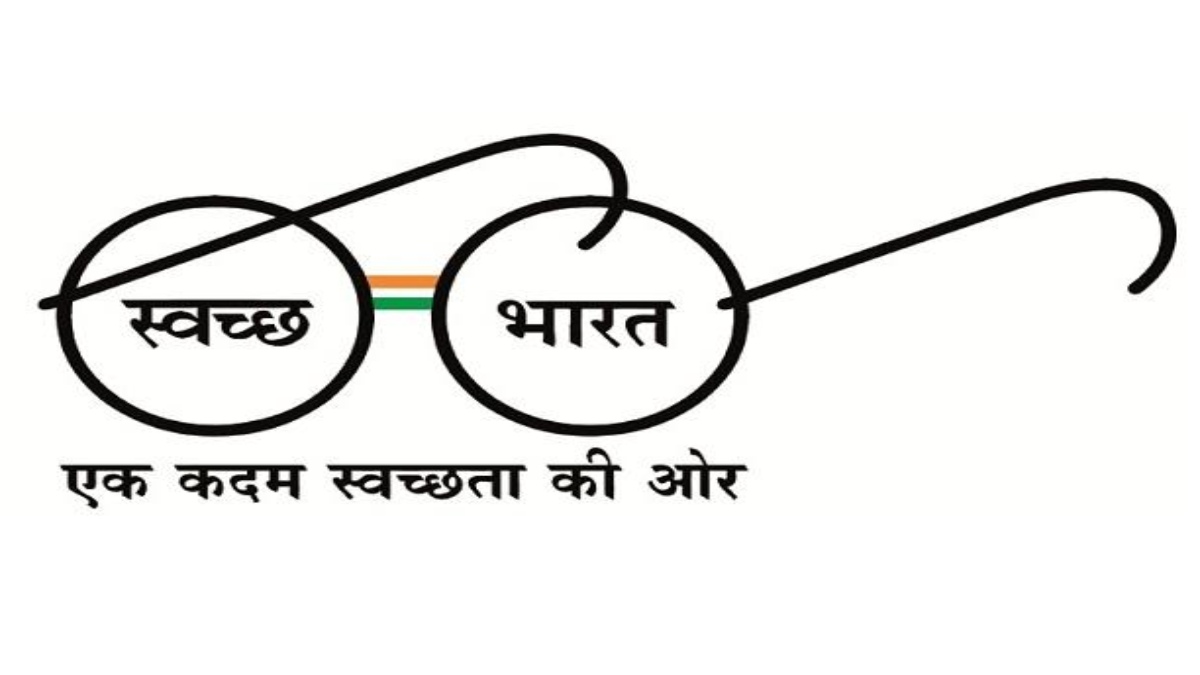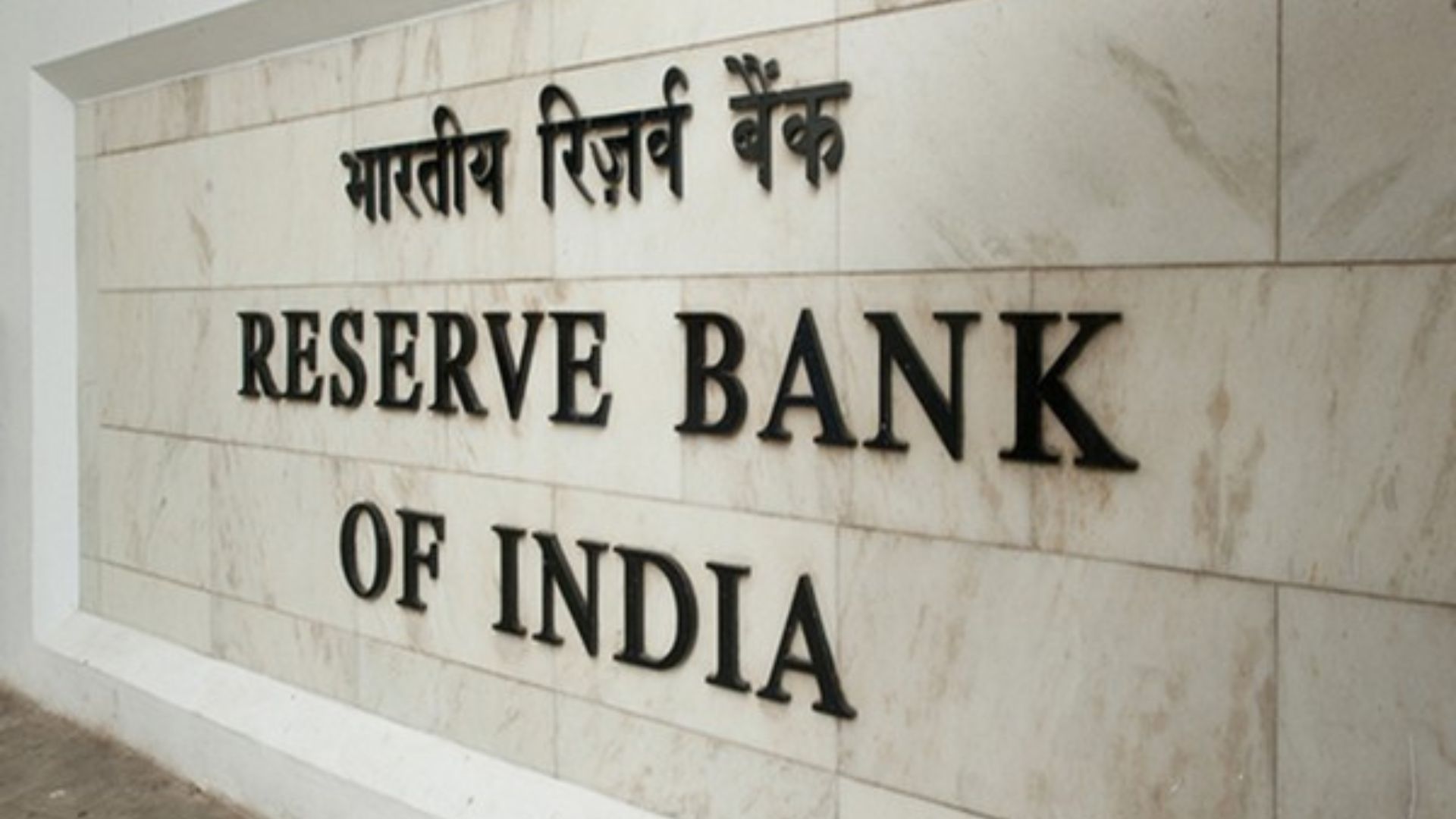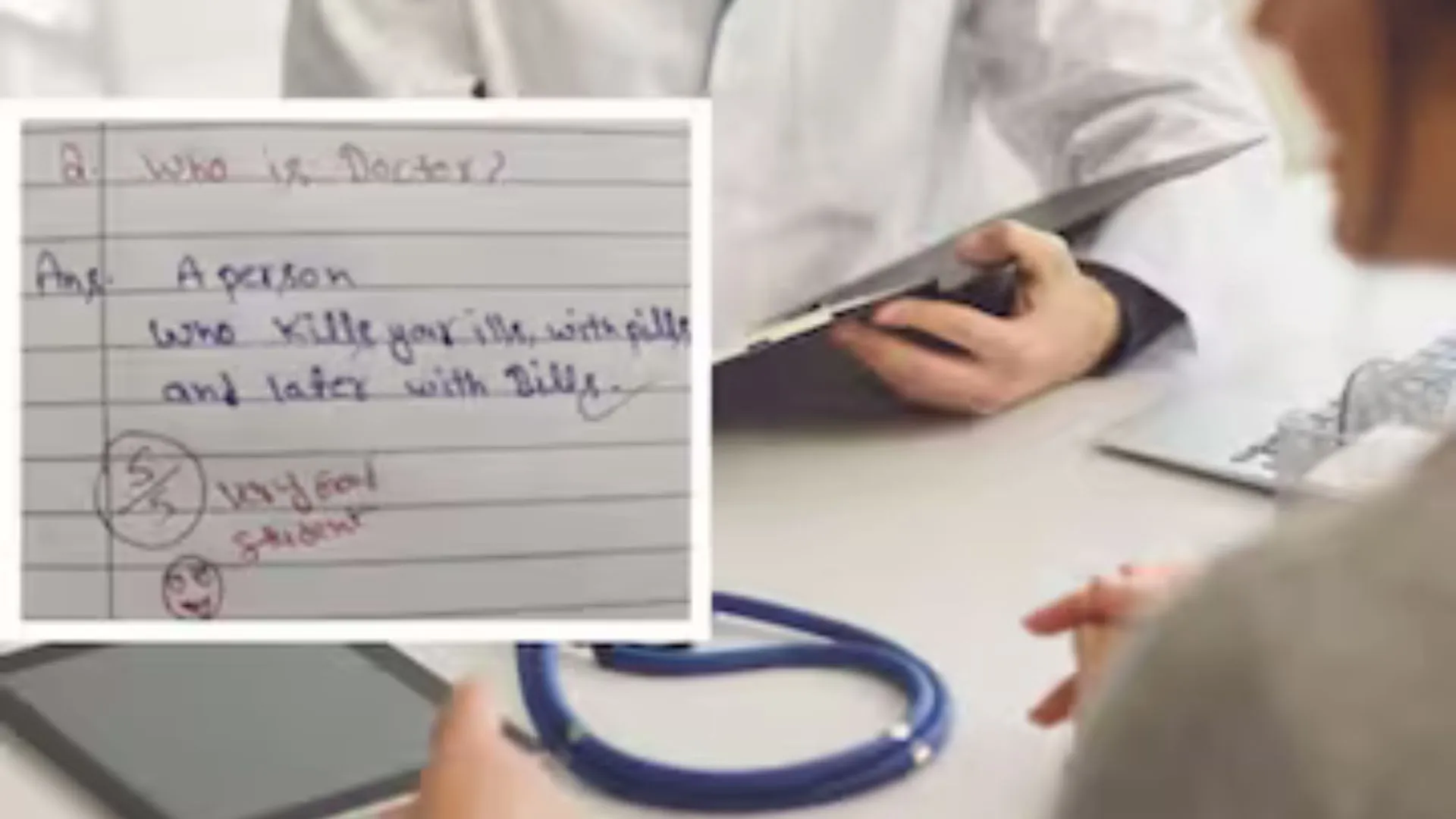Transgenders have been at the receiving end of all societies over ages and even in the surreal world of the “idiot box”. In one of the episodes of Netflix’s TV show, Designated Survivor, Sasha, a transgender and sister-in-law to President of the United States of America faces backlash for using a toilet earmarked for women. A liberal and progressive President struggles to decide whether to speak in favour of Sasha or remain silent to avoid conservative backlash in his re-election year.
This fictional episode has been mentioned only to highlight the hostility that transgender (or third gender) face while accessing public facilities all over the world. Historically, public facilities have been made for two sexes- male and female, with no thought to the ‘other’. This may not be out of apathy, but due to the fact that expenditure choices made by government policy makers have to balance a set of competing demands.
What complicated the situation was the absence of official census of transgender population till 2011. Census of India did not collect any data specifically on ‘transgender’. Census 2011, for the first time provided three choices, i.e. Male, Female and Other to respondents. The ‘other’ enumerated at around 5 lakhs, are a very small number and perhaps not realistic. In a democratic set up, numbers will always matter and thus, for decades, public policy treated these ‘others’ as invisible while formulating policy and allocating funds for creation of public facilities like toilets.
Supreme Court took cognizance of the plight of members of transgender community in National Legal Services Authority vs. Union of India (UOI) and Others. (2014), noting their social exclusion from the mainstream of the society and denial of equal access to fundamental rights and freedoms. In particular, Supreme Court declared that Centre and State Governments shall take proper measures to provide public toilets to transgender community. Supreme Court also directed Centre and State Governments to take steps for framing various social welfare schemes for their betterment.
This welfare orientation got legal recognition with the enactment of The Transgender Persons (Protection of Rights) Act, 2019. Chapter IV of the Act makes it obligatory on the government to take measures for formulation of welfare schemes and programmes in a manner that they are transgender sensitive, non-stigmatising and non-discriminatory.
When Misha Singh, a young IAS officer took over as Chief Executive Officer, Zila Parishad, Shajapur, Madhya Pradesh, she was confronted with this problem. Normally such issues are overlooked on account of other pressing priorities. But Misha chose to consider this vital requirement of marginalised section of the society.
Swachh Bharat Mission, launched on 2nd October 2014 targets universal sanitation coverage and puts sanitation at focus of rural development efforts. The first phase of the mission witnessed construction of over 100 million toilets in rural India, as India declared itself Open Defecation Free on 2nd October, 2019. The second phase of the SBM titled as ODF-Plus aims to ensure that no one is left behind, and that solid and liquid waste management facilities are accessible.
It is this mandate to ensure that ‘no one is left behind’ that informed implementation of Swachh Bharat Mission in Shajapur district of Madhya Pradesh. This year, there was a target of building community toilets on a large scale. It was decided to implement Swachh Bharat Mission in a transgender sensitive manner, enlivening the spirit of The Transgender Persons (Protection of Rights) Act, 2019. The entire process saw extensive exercise and deliberation over location, nature, design and maintenance.
The locations of community toilets were carefully selected to cater to the needs of local, floating and migratory population who cannot avail of the individual households under the scheme. Transgender have to frequently travel by bus and railways for work and stand to directly benefit if separate access is provided for them in community toilets located at important centres of road and railway connectivity.
Nature of the toilets was the most crucial aspect of the deliberations. Whether to build standalone separate toilets for transgender or to have a Gender Inclusive Unit. Some urban municipal bodies in recent years have constructed an occasional separate toilet for transgender but a similar model in rural areas would have entailed issues of security and maintenance due to constraints of resources and auxiliary staff. Having involved the kinnar akharas and understanding the complexity of the matter, it was finally decided to go for Gender Inclusive Units.
The third important aspect was design and cost. The suggested design provides separate access to male, female and transgender in the same complex. Swachh Bharat Mission has the flexibility to factor in local conditions and material availability, so an innovative design was evolved for making provision for a separate unit for transgender within the community toilet complex. The idea was to innovate within the framework of an existing scheme to promote the welfare of transgender community. It was also decided to include facilities like crèche, breast feeding areas for women to extend appeal and use of these modern toilets. Convergence of three schemes- SBM, MGNREGS and 15th Finance Commission was done to fund this initiative.
The project is backed by willingness of Sarpanchs and members of local self-government as ground executing agency to take the momentum forward. These utilities are modelled on Pay and Use basis promising continued sustenance of this important rural community asset. All the 87 community toilets built under Swachh Bharat Mission in Shajapur district have access for transgender. A rights-based approach abhors symbolism, as inclusivity cannot be reduced to a token exercise by construction of few separate standalone toilets and has to become generalised in all our design and outreaches. These are 87 small, yet affirmative steps towards an idea whose time has come.
What this young and dynamic officer, Misha Singh could achieve in her short tenure is quite stupendous. She could make-it-happen despite adverse set of circumstances on account of her vision, planning and meticulous execution to resolve an issue that is normally chosen to be ignored. She also demonstrated that age doesn’t really matter when it comes to maturity and anything can be achieved by taking stake-holders into confidence.
Anil Swarup has served as the head of the Project Monitoring Group, which is currently under the Prime Minister’s Offic. He has also served as Secretary, Ministry of Coal and Secretary, Ministry of School Education.
Swachh Bharat Mission, launched on 2nd October 2014, targets universal sanitation coverage and puts sanitation at focus of rural development efforts. The first phase of the mission witnessed construction of over 100 million toilets in rural India.













